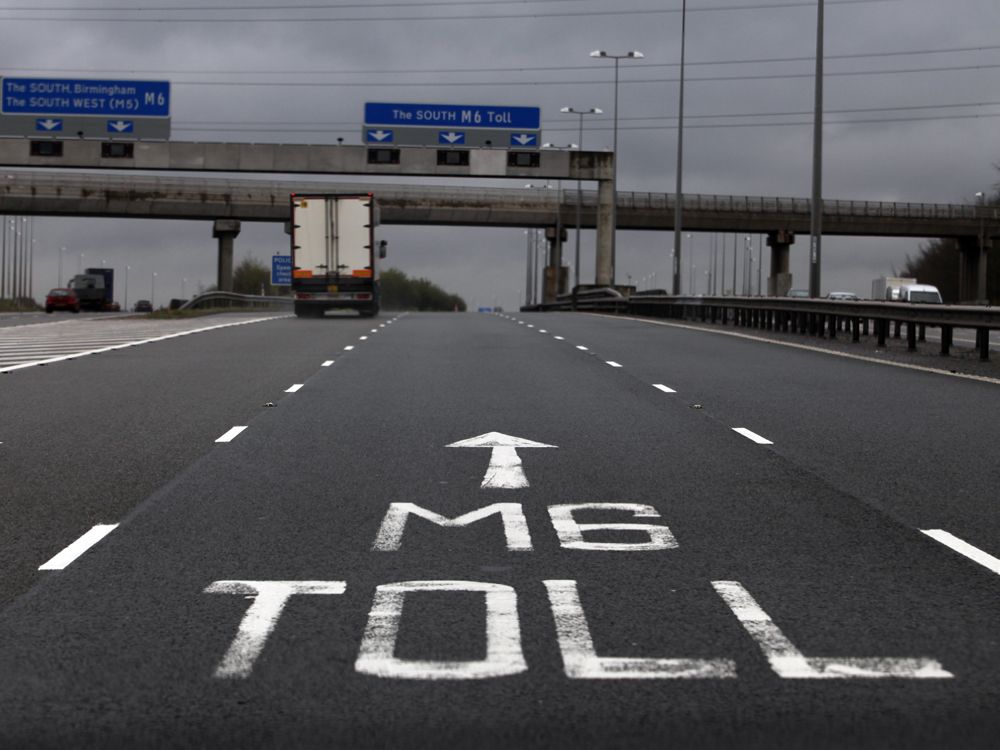Rental and home prices are pretty unaffordable across the entirety of the GTA. Further outside the major population centres (say travelling from Shelburne to Toronto) they're going to be paying an inordinate amount in gas every week anyhow. Low-middle class stand to benefit most from money going into transit. Reliance on over-paying for transportation is a real thing here in Canada. Owning a car in any community in the largest population zone in the country shouldn't have to be mandatory for anyone. Any change will bring short-term pain for those involved, no doubt. People need time to adjust, but fearing that has been half of the political problem here in the province. Drivers suffer anyway when we do nothing and still have to repair road damage (see the current Gardiner woes).
When given the option to take fast, efficient transit, most will take it. It's ultimately the stalwarts who refuse to give up using their cars are the ones who will suffer. And they are exactly the people targeted with tolls.
Even the
Financial Post has gone to bat for tolls to ease costs:
Haider-Moranis Bulletin: A carefully designed road toll regime has the potential to generate revenue that can then be used to help develop new communities

financialpost.com





